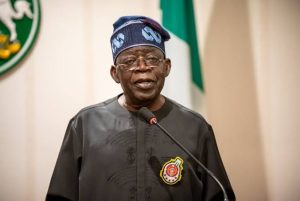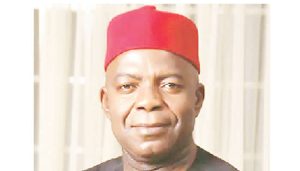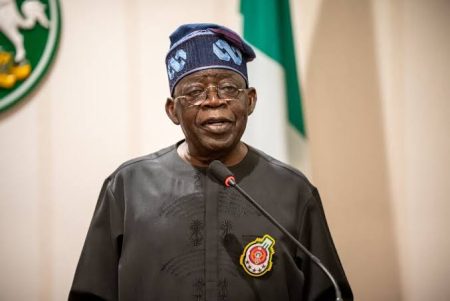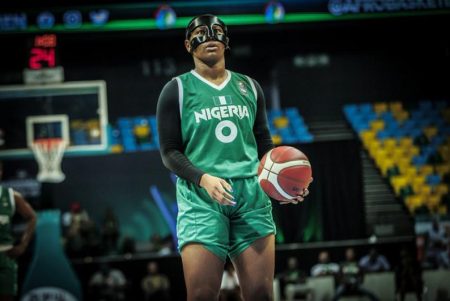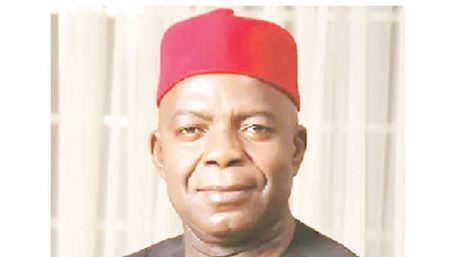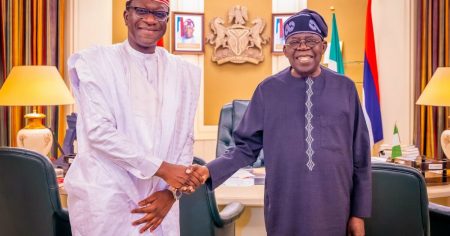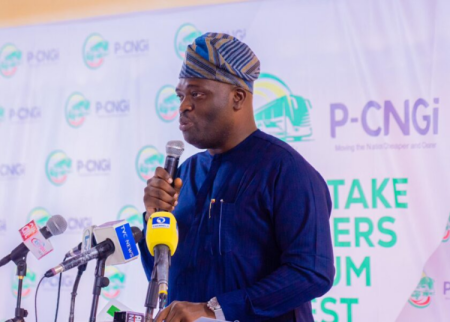President Bola Tinubu’s administration faces a mounting backlog in ambassadorial appointments, a situation that has persisted for two years following the recall of all Nigerian envoys from 109 missions worldwide in September 2023. This diplomatic reset, intended to reshape Nigeria’s foreign policy approach, has left numerous embassies, high commissions, and consulates operating without substantive leadership, hindering the nation’s ability to effectively engage on the global stage. While the President acknowledges the delays and the complexities involved in selecting suitable candidates, the prolonged vacancies raise concerns about Nigeria’s diplomatic effectiveness in a rapidly changing international landscape.
The appointment process itself is multifaceted, involving a series of crucial steps. The President first nominates individuals for ambassadorial roles, after which their names are forwarded to the Senate for rigorous scrutiny. The Senate Committee on Foreign Affairs conducts thorough interviews to assess the nominees’ qualifications, diplomatic experience, and alignment with Nigeria’s foreign policy objectives. Following committee approval, the full Senate votes on the confirmation of each nominee. Upon successful confirmation, the President formally appoints the ambassadors.
Once appointed, the new ambassadors participate in a comprehensive orientation program organized by the Ministry of Foreign Affairs. This program equips them with a deep understanding of Nigeria’s foreign policy goals, the specific context of their assigned country, and the expected standards of diplomatic conduct. The ambassadors then receive their Letters of Credence, official documents from the President that formally authorize them to represent Nigeria abroad. These credentials are presented to the head of state or government of the host country, marking the official commencement of their diplomatic duties.
The protracted delay in filling these crucial diplomatic positions stems from a combination of factors. President Tinubu cited the intricate political landscape and the need for extensive consultations as contributing factors. However, sources also point to significant financial constraints, with a reported $1 billion required to address outstanding financial obligations, including arrears for foreign service officials, overdue operational costs, the replacement of aging vehicles, and essential renovations of embassy buildings. These financial hurdles have further complicated the already intricate process of ambassadorial appointments.
The implications of these prolonged vacancies are far-reaching, impacting Nigeria’s diplomatic representation and its ability to effectively pursue its foreign policy agenda. Experts warn that the absence of substantive leadership in key missions undermines Nigeria’s capacity to coordinate bilateral trade agreements, provide essential consular services to its citizens abroad, and exert strategic influence in international affairs. This is particularly concerning in regions like Latin America, Southeast Asia, and parts of Europe, where Nigeria’s diplomatic presence lacks confirmed ambassadors.
The delay also raises concerns among Nigeria’s international partners and within its foreign policy community. As global alliances shift and trade protectionism rises, the lack of fully staffed diplomatic missions could hinder Nigeria’s ability to navigate the complex international arena and effectively represent its interests. The prolonged vacancies underscore the urgent need for a swift resolution to ensure that Nigeria maintains a robust and effective diplomatic presence on the global stage. President Tinubu’s commitment to broad-based consultation is essential, but the urgency of the situation calls for expedited action to address the financial constraints and finalize the appointment process. The absence of ambassadors in key locations weakens Nigeria’s ability to advance its interests and engage effectively in international diplomacy.


